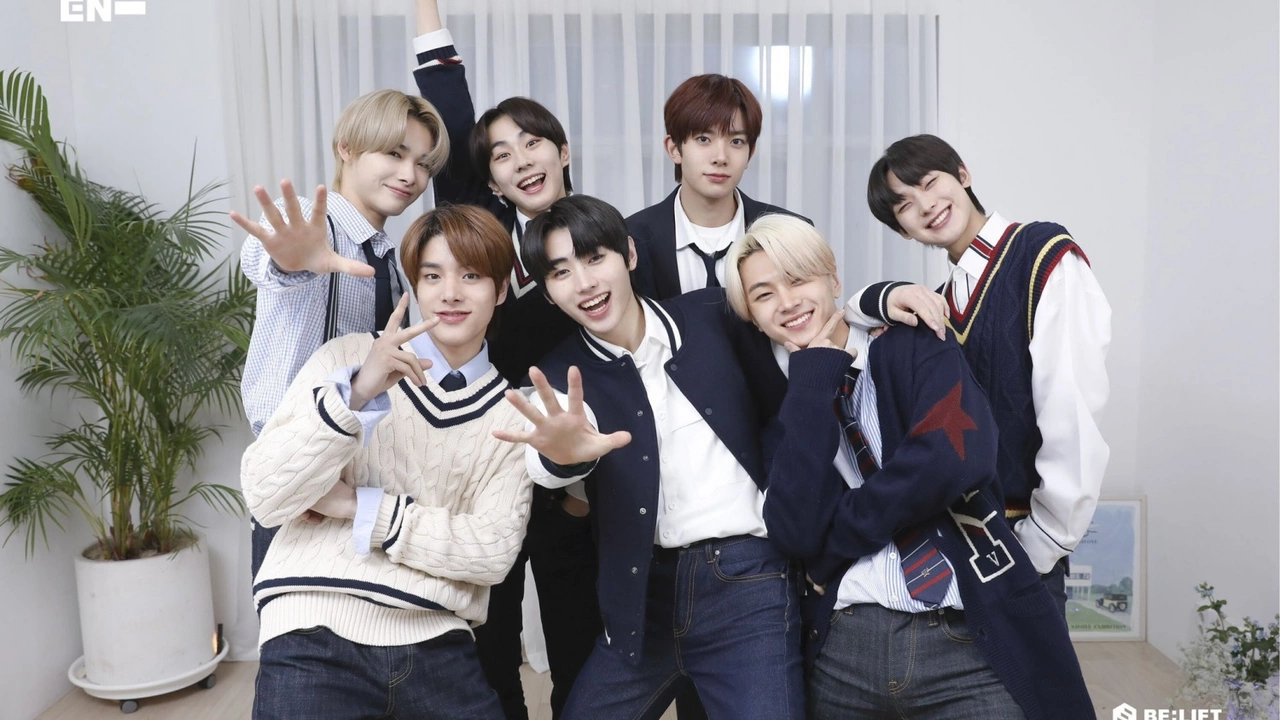K-Pop Industry: How It Works, Earnings & Global Reach
Ever wonder why K‑Pop songs pop up on every playlist and why groups look like polished machines? The secret isn’t just talent – it’s a well‑planned industry that blends training, marketing, and fans. Below you’ll find the basics of how the K‑Pop system works and where the money actually comes from.
From Trainee to Idol: The Agency Model
K‑Pop agencies such as SM, YG, JYP, and HYBE act like factories for pop stars. Kids audition at a young age, sign a contract, and then spend years in a “trainee” program. During that time they practice singing, dancing, language skills, and even media etiquette. The agency decides the group’s concept, music style, and visual look. When the company feels the group is ready, they launch a debut with a single, a music video, and a social‑media push.
This system keeps control tight – the agency handles everything from song writing to merchandise design. In return, trainees get a chance to become famous, but they also give up a lot of personal freedom and often sign long contracts. Knowing this trade‑off helps fans understand why agencies make certain decisions, like rotating members or re‑branding a group.
Money Makers: Where K‑Pop Earns Its Cash
Music sales alone don’t cover the huge budgets behind a K‑Pop act. Streaming platforms, especially YouTube, bring ad revenue and massive exposure. A single music video can rack up hundreds of millions of views, turning clicks into cash. Beyond streaming, agencies sell physical albums that include photo cards, posters, and QR codes – fans buy them for the extras, not just the music.
Live concerts are another big slice of the pie. World tours sell tickets, VIP packages, and exclusive merch. Even if a group hasn’t toured a country, fans can still buy official goods online, which adds to the bottom line. Endorsements and brand deals also bring in big numbers; a popular idol can command hefty fees for appearing in commercials or promoting products on social media.
Licensing songs for movies, TV shows, and video games adds another revenue stream. Companies pay to use a catchy track in a drama or an ad, and the royalties go back to the agency and the artists (depending on the contract). All these pieces – streaming, physical sales, concerts, merch, endorsements, and licensing – combine to make the K‑Pop industry a multi‑billion‑dollar business.
What does this mean for aspiring artists or curious fans? If you want to break into the scene, understand that talent is only one part of the puzzle. Knowing how agencies operate, where money flows, and how fans drive sales will give you a realistic view. For fans, supporting artists through official channels – buying albums, streaming videos, and attending concerts – directly fuels the industry and helps idols keep making music.
In short, the K‑Pop industry works like a well‑orchestrated machine: agencies train talent, launch them with strong branding, and monetize every touchpoint. The result is a global wave of music that feels fresh, polished, and endlessly repeatable.

Is Belift Lab a good company to audition for K-pop?
After researching extensively, I can say that Belift Lab is indeed a great company to audition for if you're interested in K-pop. They're a joint venture between Big Hit Entertainment and CJ E&M, both of which are huge names in the industry. The company provides excellent training programs and actively promotes their artists globally. However, the competition is high and the training can be intense. But if you're passionate and dedicated, it could be your ticket to a successful K-pop career.
Continue Reading